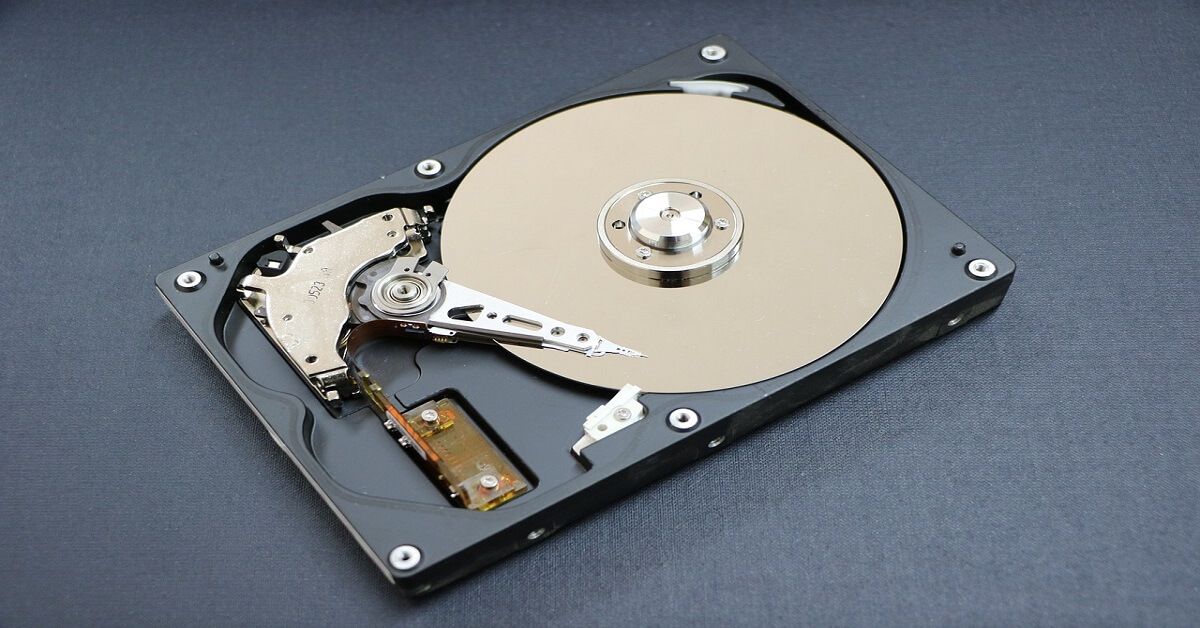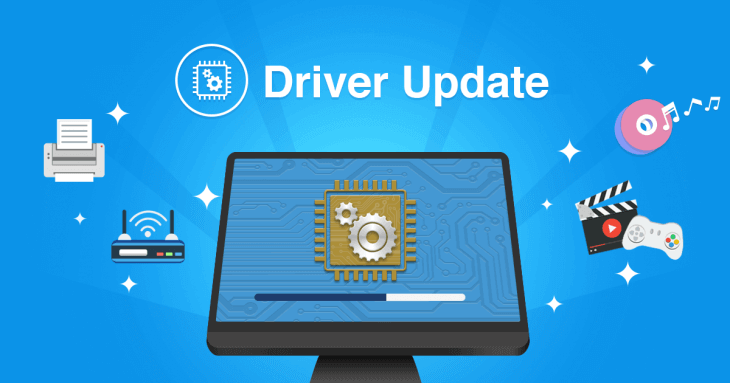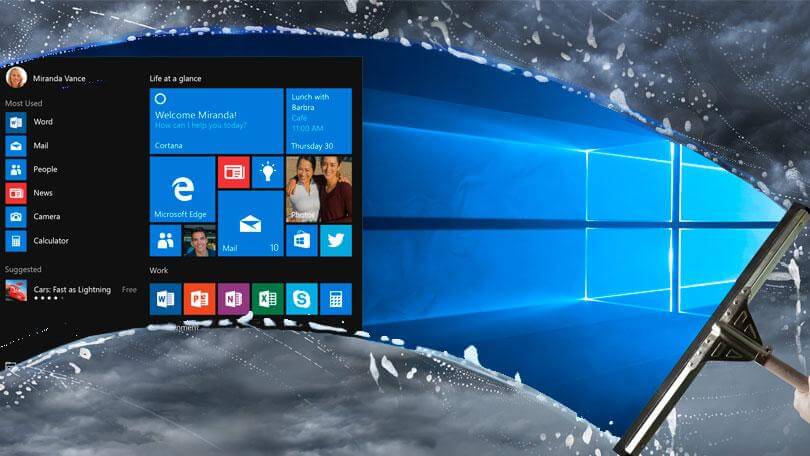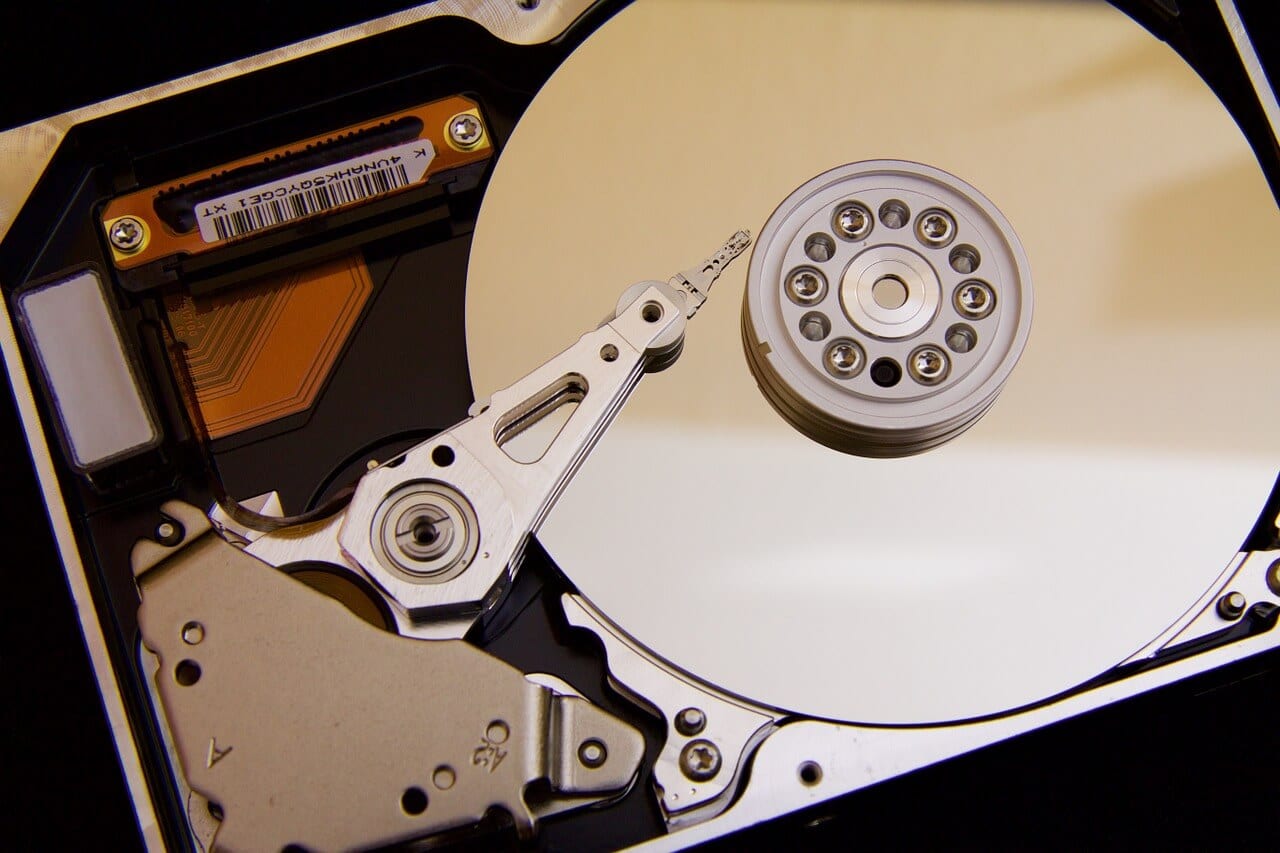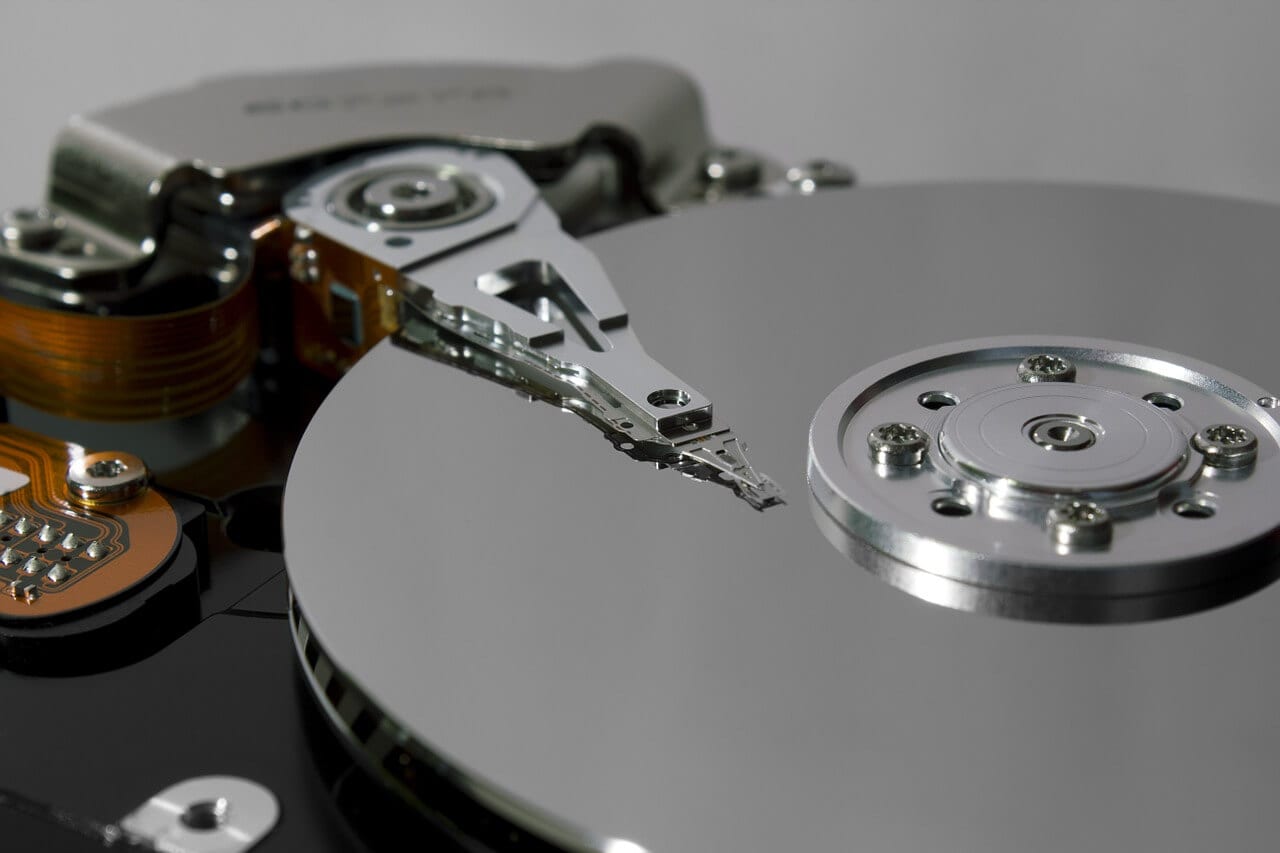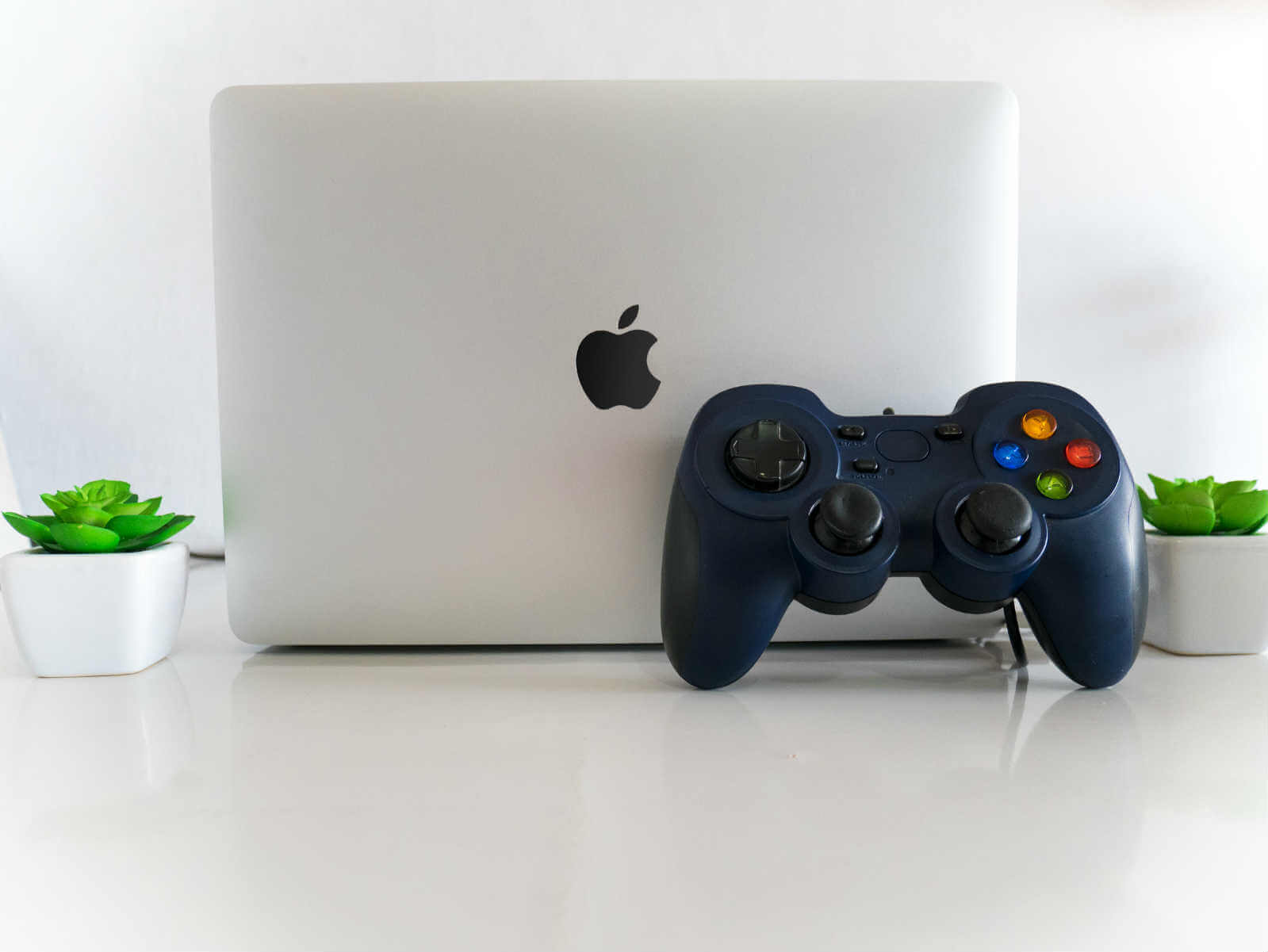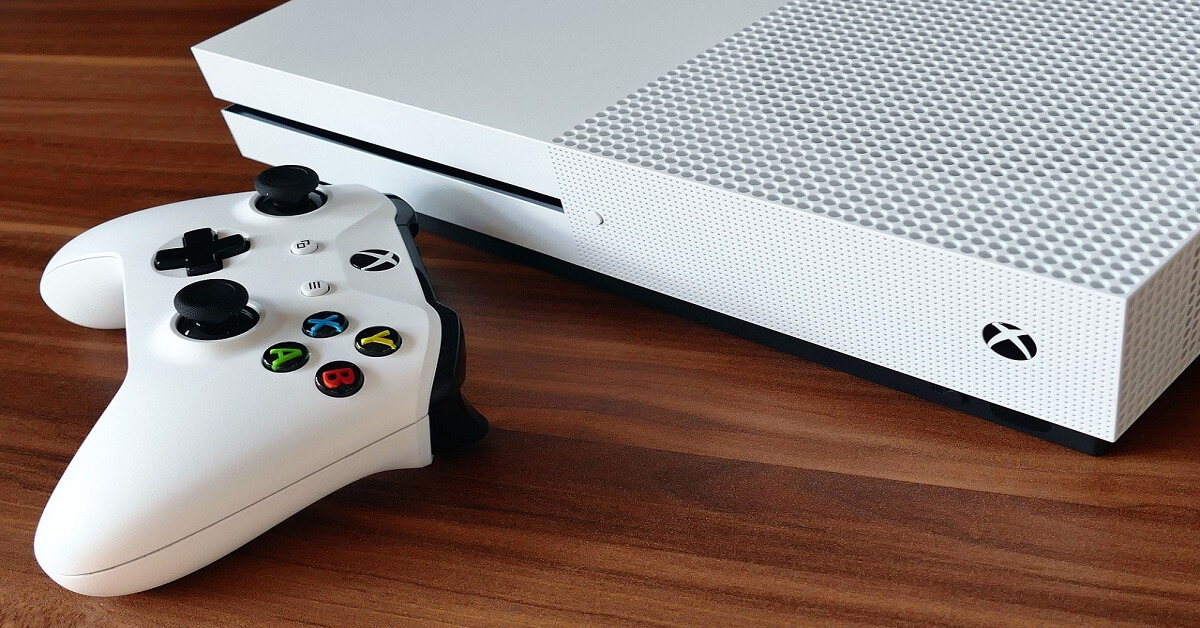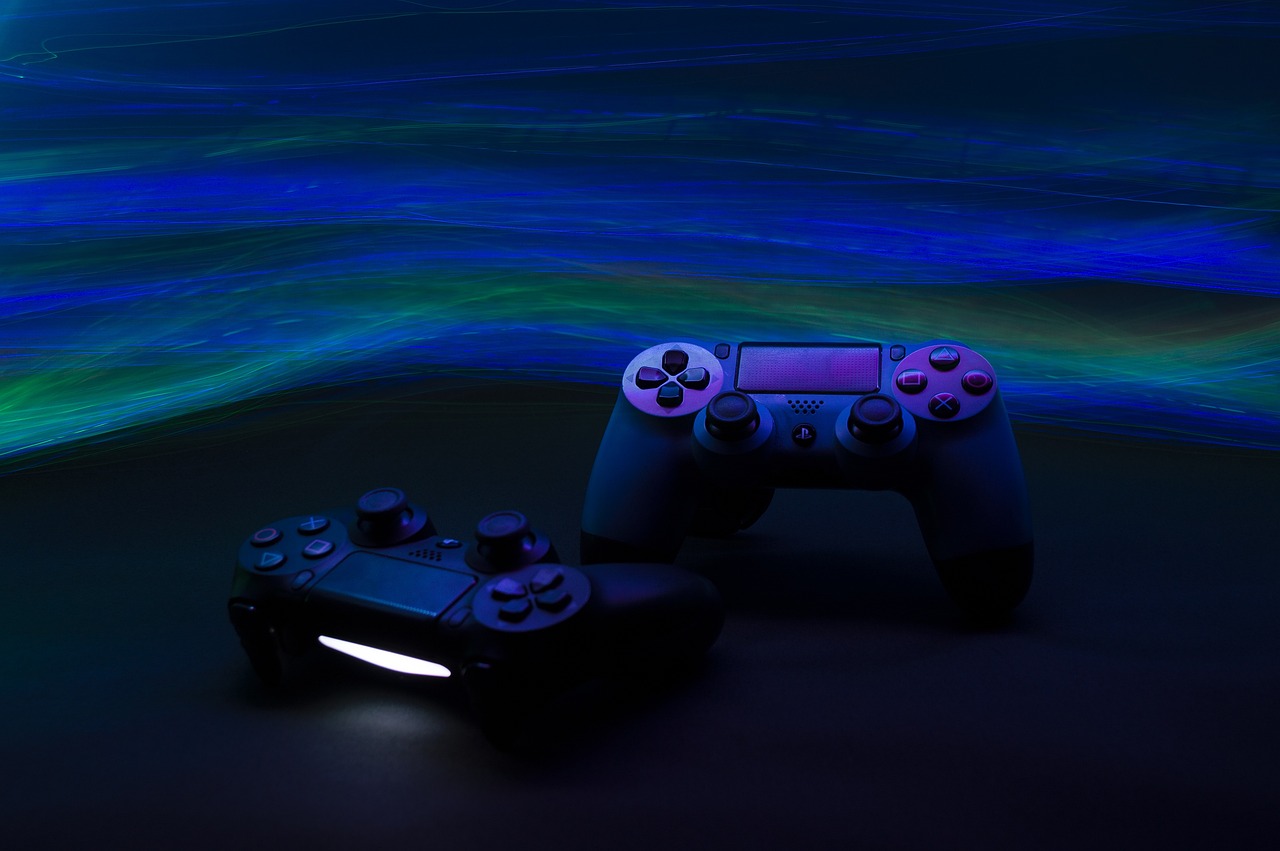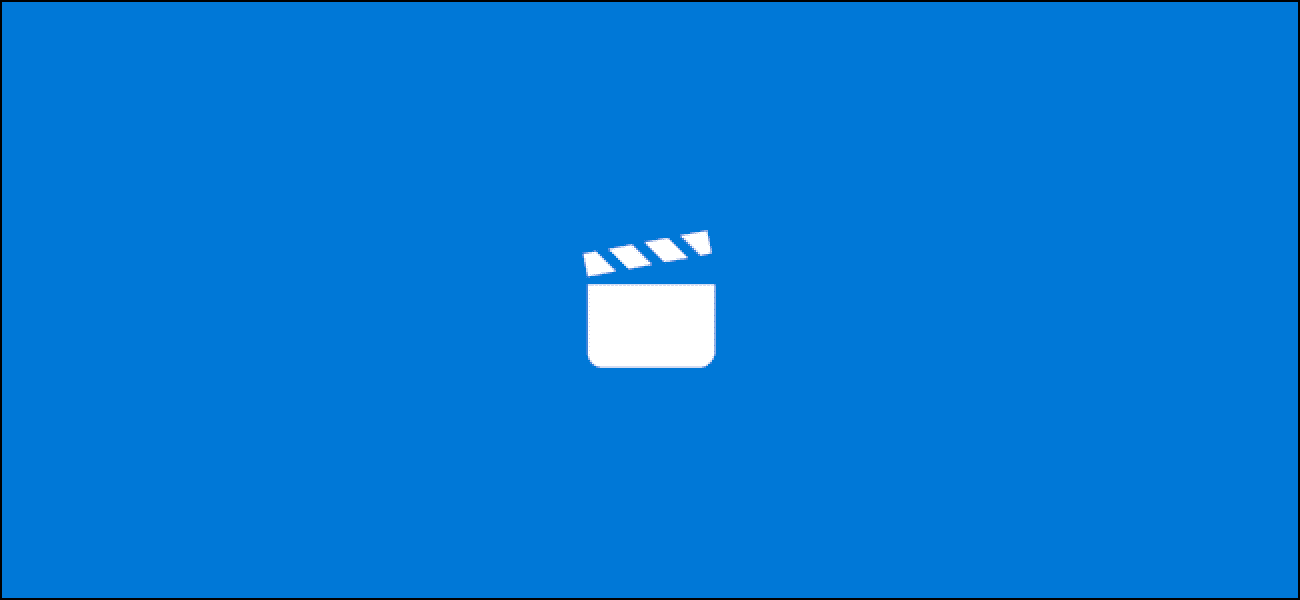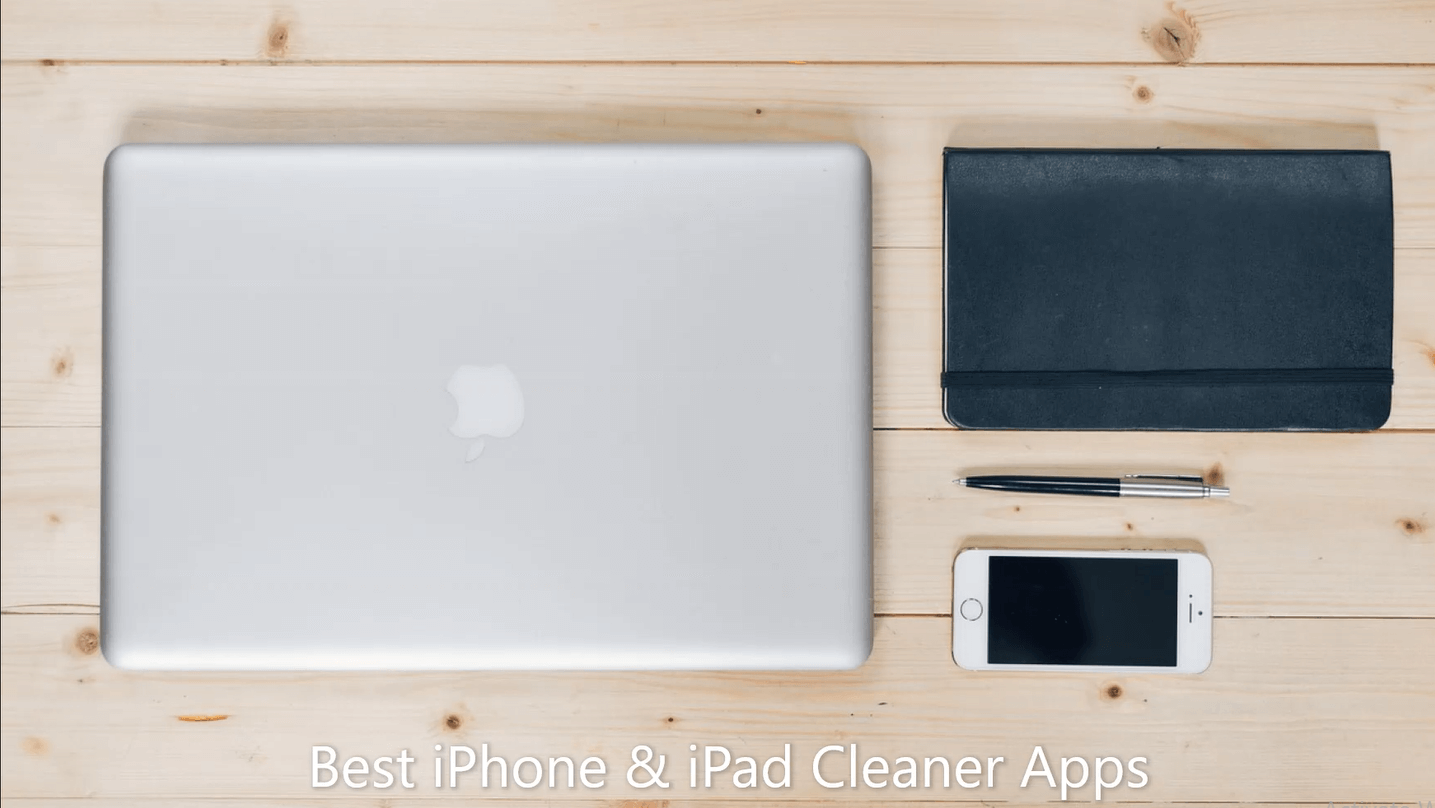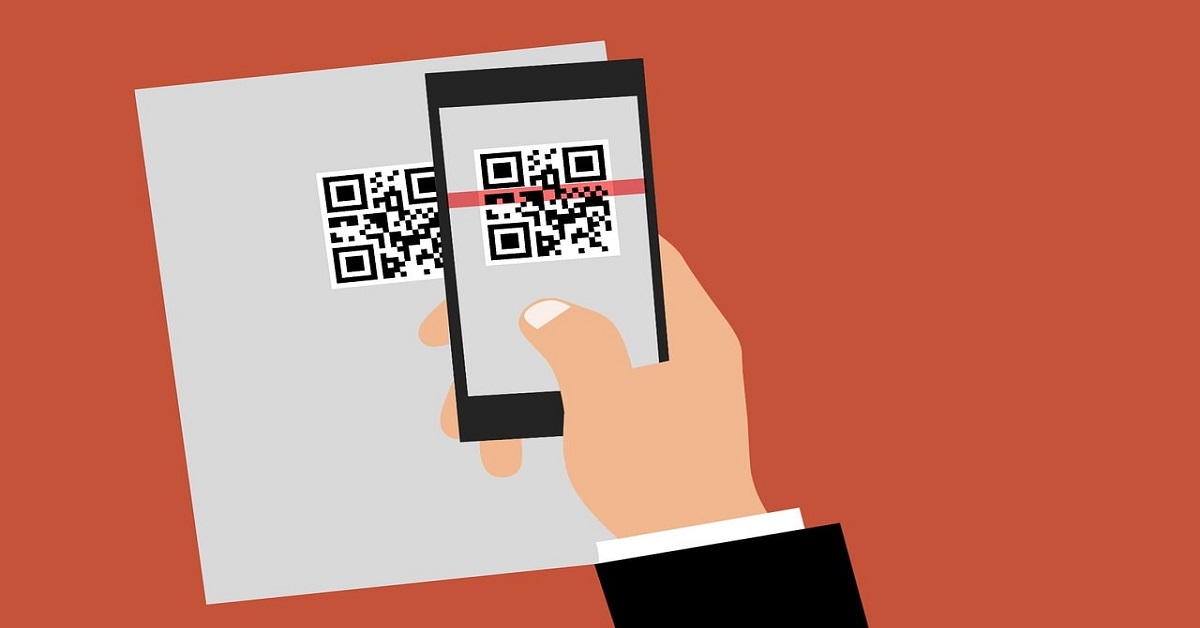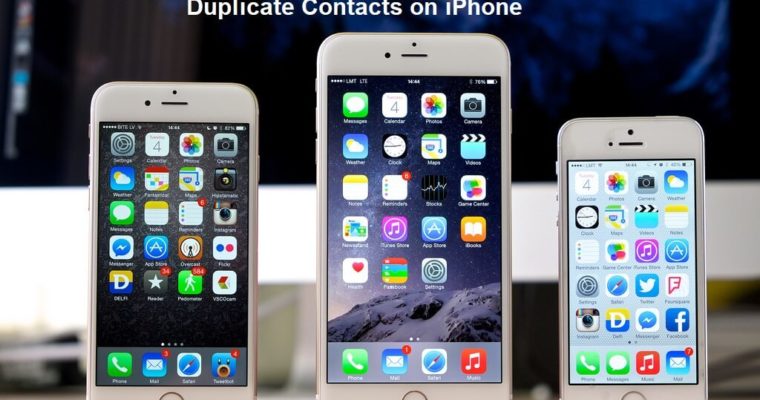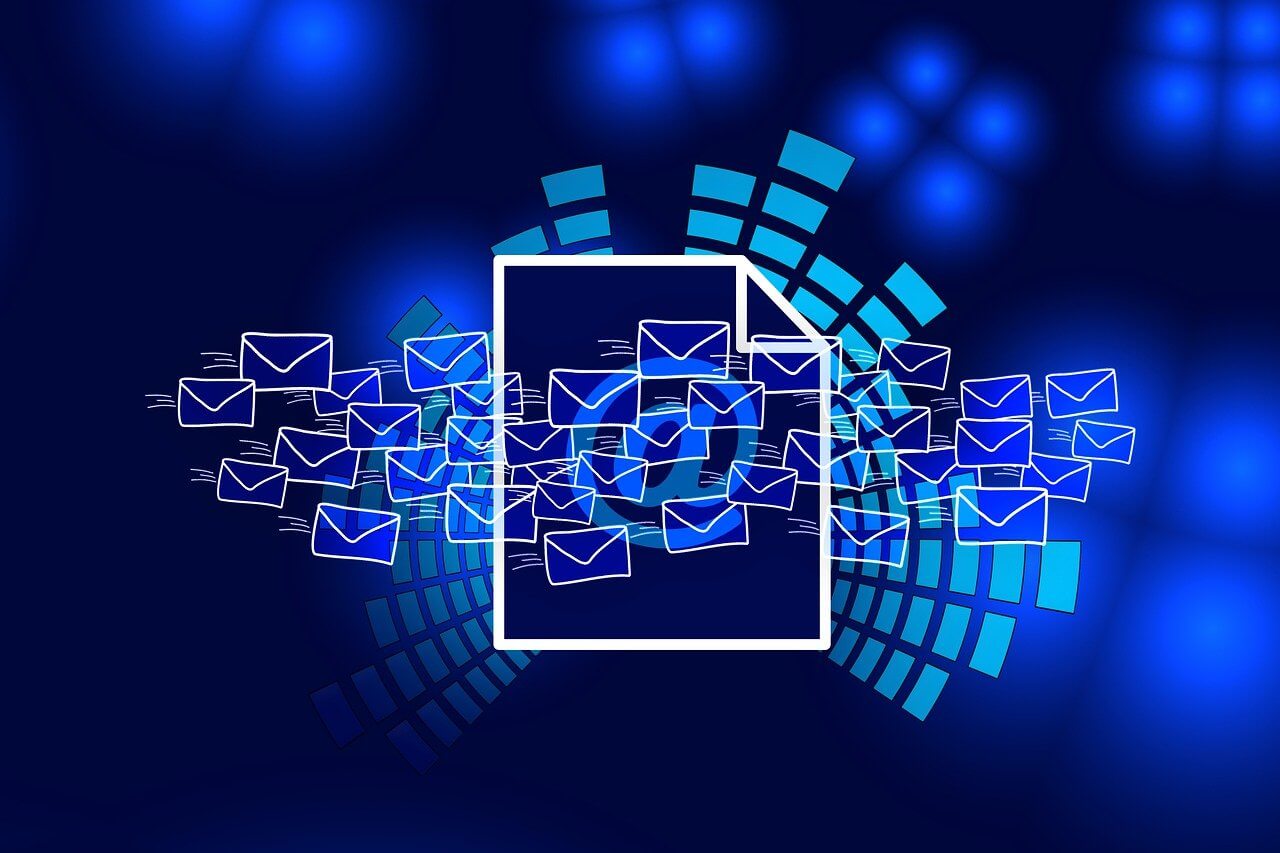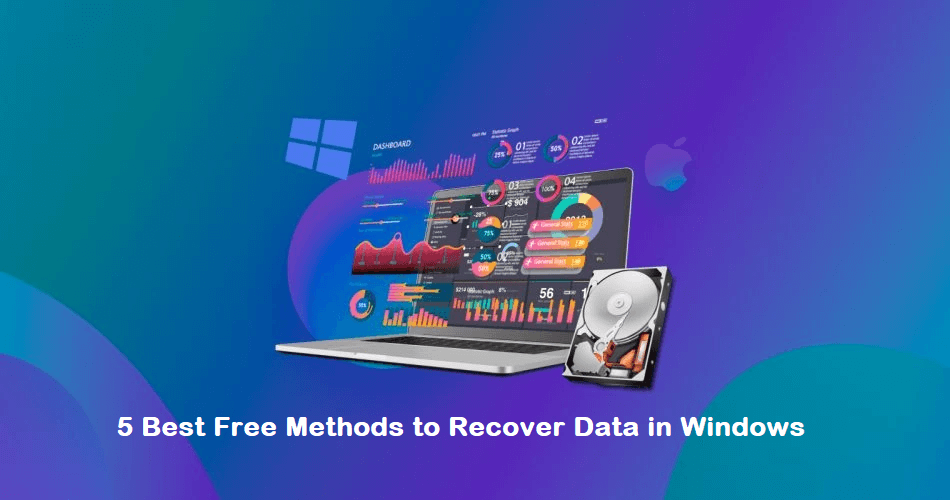Console VS PC: Pros and Cons Of Each
The ongoing debate of “Is PC better than console?” has been a subject of contention among technology enthusiasts and gamers for years. Each platform offers unique advantages and drawbacks, appealing to different preferences and needs.
In this article, we will explore the pros and cons of both consoles and PCs, shedding light on the key factors to consider when deciding between the two. Whether you’re a casual gamer or a tech-savvy enthusiast, understanding the strengths and weaknesses of each platform will help you make an informed decision.
Pros:
Performance and Customization:
One of the significant advantages of PC gaming is the superior performance it offers. PCs with powerful processors, graphics cards, and ample RAM can handle demanding games with higher frame rates and better graphics quality. This performance advantage allows for a more immersive gaming experience, with smoother gameplay and visually stunning graphics.
Additionally, PC gaming allows for extensive customization. Players can choose and upgrade individual components as technology evolves, ensuring their system remains up-to-date with the latest advancements in gaming hardware.
Game Library and Exclusives:
Consoles have long been known for their rich lineup of exclusive titles. These games are developed specifically for the respective console platforms, taking full advantage of their hardware capabilities. Exclusive titles often push the boundaries of gaming, providing unique experiences that can’t be found elsewhere. For example, PlayStation has a history of delivering critically acclaimed exclusive titles such as the Uncharted and God of War series.
On the other hand, PC gaming boasts a vast and diverse game library. With platforms like Steam and Epic Games Store, PC gamers have access to a wide range of popular titles, indie games, and a thriving modding community. The PC gaming community’s creativity and dedication to modding offer players additional content and enhance the longevity and replayability of games.
User Experience and Convenience:
Consoles offer a streamlined and user-friendly gaming experience. They are designed to be plug-and-play, requiring minimal setup and maintenance. Consoles provide a unified environment for gaming, media streaming, and other entertainment options, making them accessible and easy to use for players of all skill levels.
The user interface and controller designs are specifically tailored for gaming, ensuring a seamless and immersive experience. On the other hand, PCs provide greater control and flexibility in terms of user experience. PC gamers can adjust graphics settings, customize control schemes, and even use various peripherals like keyboards, mice, and gamepads according to their preferences. PCs also offer the advantage of multitasking, allowing users to switch between gaming and other tasks seamlessly.
Modding and Community:
PC gaming has a thriving modding community, which is one of its standout features. Modding allows players to modify games, create custom content, and enhance gameplay. The modding community contributes to the longevity of games by introducing new features, improving graphics, and even creating entirely new game experiences. Mods can range from simple graphical improvements to complex gameplay overhauls.
The availability of mods adds a new layer of creativity and personalization to the gaming experience. Console gaming, on the other hand, has limited modding capabilities due to the closed nature of its systems. Console gamers rely on official updates and downloadable content (DLC) provided by game developers for additional content. However, console gaming communities thrive through online forums, social media groups, and dedicated websites, where players can connect, share experiences, and participate in discussions about their favorite games.
Portability and Versatility:
Consoles excel in terms of portability and ease of use. They are designed to be compact, lightweight, and easily connectable to TVs or monitors. Consoles can be set up in different rooms or taken on the go, making them ideal for gaming with friends or while traveling. The Nintendo Switch, for example, offers the flexibility of handheld gaming in addition to traditional console gaming. PCs, while less portable, offer greater versatility.
They can be used for various tasks beyond gaming, such as content creation, programming, and office work. The power and capabilities of a PC make it a versatile machine that can handle demanding applications and tasks other than gaming. Additionally, PCs offer virtual reality (VR) gaming, providing immersive experiences that are yet to be widely available on consoles.
Cons:
Cost and Accessibility:
Consoles often have a lower upfront cost compared to building or buying a gaming PC. Console manufacturers can subsidize the cost of the hardware by selling games and subscriptions. Furthermore, console games tend to be more affordable, especially when considering discounts and used game options. Consoles offer ease of use and accessibility, as they come with pre-installed operating systems and are specifically designed for gaming.
PCs, on the other hand, can require a higher initial investment and ongoing upgrades to keep up with the latest gaming requirements. Building a gaming PC with high-end components can be expensive, and the cost of games and peripherals may add up over time.
Online Services and Multiplayer:
Console gaming often requires subscription-based services for online multiplayer, free games, and exclusive discounts. Services like Xbox Live and PlayStation Plus provide access to online multiplayer, additional game discounts, and free monthly games.
These services also offer benefits like cloud storage for game saves and access to special events. On the other hand, PCs offer a wide range of online platforms, such as Steam, Origin, and Epic Games Store, where gamers can purchase and download games. PC gaming platforms offer a vast library of games, multiplayer functionality, and frequent sales.
PC gaming also allows for more flexibility in terms of choosing between free online services or subscription-based ones. Additionally, PCs offer the advantage of dedicated servers for multiplayer games, which can provide a smoother and more reliable online gaming experience.
Maintenance and Technical Knowledge:
Consoles require minimal setup and maintenance. They are designed to be user-friendly, with automatic system updates and simplified settings. Console gaming offers a hassle-free experience, as most updates and patches are handled seamlessly in the background. PCs, on the other hand, require more technical know-how and regular maintenance.
PC gamers need to keep their operating systems, drivers, and game clients up-to-date to ensure optimal performance and compatibility. Troubleshooting technical issues or hardware upgrades may also require more technical expertise. However, PC gaming offers the advantage of tweaking settings and optimizing performance according to individual preferences, which can enhance the overall gaming experience.
Support and Longevity:
Console manufacturers provide ongoing support and updates for their platforms. They ensure compatibility with new games and often introduce new features through system updates. Consoles have a defined life cycle, with new iterations released every few years, offering improved performance and features.
This means that games and accessories may become incompatible with older console models as technology advances. PCs, on the other hand, have a longer lifespan and can be upgraded to meet evolving hardware requirements. PC gaming platforms like Steam have a strong track record of providing ongoing support and updates, ensuring backward compatibility and access to older games even as new technologies emerge. However, PC gamers may face challenges with older games due to compatibility issues or lack of official support.
When choosing between console gaming and PC gaming, consider the pros and cons outlined above. PCs offer superior performance and customization options, a diverse game library, and a thriving modding community.
Consoles provide accessibility, affordability, exclusive titles, a streamlined user experience, and portability. Carefully evaluate your gaming needs, budget, desired level of customization, and long-term plans to make the best decision for your gaming preferences. Remember that both platforms offer unique experiences, ensuring that gamers can immerse themselves in the digital worlds they love.
Popular Post
Recent Post
How to Troubleshoot Xbox Game Bar Windows 10: 8 Solutions
Learn how to troubleshoot and fix issues with the Xbox Game Bar not working on Windows 10. This comprehensive guide provides 8 proven solutions to resolve common problems.
How To Record A Game Clip On Your PC With Game Bar Site
Learn how to easily record smooth, high-quality game clips on Windows 11 using the built-in Xbox Game Bar. This comprehensive guide covers enabling, and recording Game Bar on PC.
Top 10 Bass Booster & Equalizer for Android in 2024
Overview If you want to enjoy high-fidelity music play with bass booster and music equalizer, then you should try best Android equalizer & bass booster apps. While a lot of these apps are available online, here we have tested and reviewed 5 best apps you should use. It will help you improve music, audio, and […]
10 Best Video Player for Windows 11/10/8/7 (Free & Paid) in 2024
The advanced video players for Windows are designed to support high quality videos while option to stream content on various sites. These powerful tools support most file formats with support to audio and video files. In this article, we have tested & reviewed some of the best videos player for Windows. 10 Best Videos Player […]
11 Best Call Recording Apps for Android in 2024
Whether you want to record an important business meeting or interview call, you can easily do that using a call recording app. Android users have multiple great options too. Due to Android’s better connectivity with third-party resources, it is easy to record and manage call recordings on an Android device. However it is always good […]
10 Best iPhone and iPad Cleaner Apps of 2024
Agree or not, our iPhones and iPads have seamlessly integrated into our lives as essential companions, safeguarding our precious memories, sensitive information, and crucial apps. However, with constant use, these devices can accumulate a substantial amount of clutter, leading to sluggish performance, dwindling storage space, and frustration. Fortunately, the app ecosystem has responded with a […]
10 Free Best Barcode Scanner for Android in 2024
In our digital world, scanning barcodes and QR codes has become second nature. Whether you’re tracking packages, accessing information, or making payments, these little codes have made our lives incredibly convenient. But with so many barcode scanner apps out there for Android, choosing the right one can be overwhelming. That’s where this guide comes in! […]
11 Best Duplicate Contacts Remover Apps for iPhone in 2024
Your search for the best duplicate contacts remover apps for iPhone ends here. Let’s review some advanced free and premium apps you should try in 2024.
How To Unsubscribe From Emails On Gmail In Bulk – Mass Unsubscribe Gmail
Need to clean up your cluttered Gmail inbox? This guide covers how to mass unsubscribe from emails in Gmail using simple built-in tools. Learn the best practices today!
7 Best Free Methods to Recover Data in Windows
Lost your data on Windows PC? Here are the 5 best methods to recover your data on a Windows Computer.


